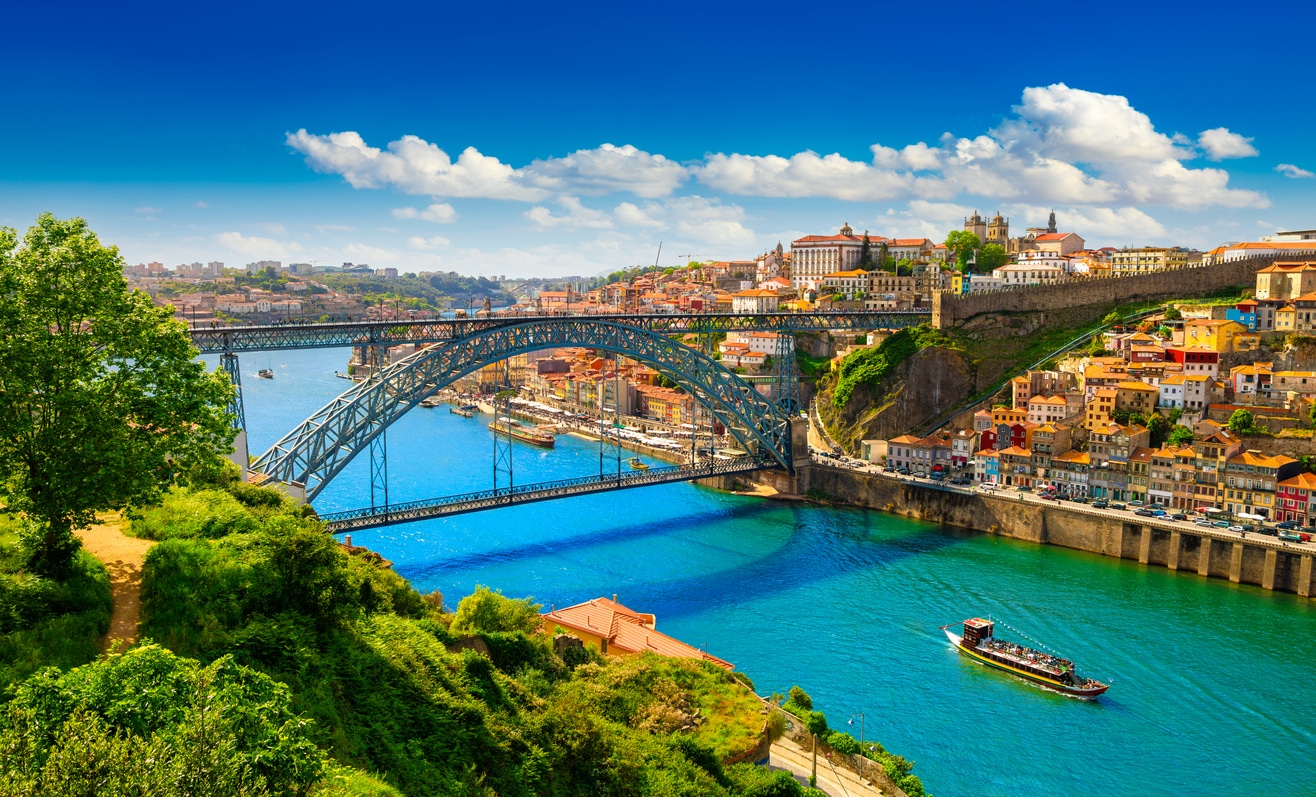Moving to Portugal is an exciting adventure, but understanding Portuguese culture is key to feeling at home. Whether you’re drawn by the sun-soaked coastlines, the rich history, or the promise of a slower pace of life, immersing yourself in local customs can make your expat journey smoother and more rewarding. In this guide, we’ll explore what makes Portuguese culture truly unique—and offer practical tips to help U.S. expats fit in with confidence and ease.
Understanding Portuguese values: Respect, tradition, and family-centered living
At the heart of Portuguese culture are values that shape daily life and social interactions. Respect, tradition, and a strong sense of family are woven into the fabric of society.
Respect and courtesy
Portuguese people place a high value on politeness and respect, especially in public and professional settings. Greetings are important—expect a firm handshake, direct eye contact, and a warm smile. Titles such as “Senhor” (Mr.) or “Senhora” (Mrs.) are commonly used, particularly with elders or in formal situations. Taking the time to greet shopkeepers or neighbors with a friendly “Bom dia” (Good morning) goes a long way in building rapport.
Tradition and heritage
Portugal’s deep-rooted traditions are visible everywhere, from the azulejo-tiled buildings to the soulful sounds of fado music. Many families still gather for Sunday lunches, and local festivals celebrate centuries-old customs. As an expat, showing genuine interest in these traditions—perhaps by attending a local festa or learning a few words of Portuguese—demonstrates respect and helps you connect with your new community.
Family at the center
Family is the cornerstone of Portuguese life. Extended families often live close by, and it’s common for several generations to gather regularly. This family-first mindset extends to how locals treat friends and even newcomers—don’t be surprised if you’re invited to a home-cooked meal or a family celebration. Embracing this warmth and openness can help you build meaningful relationships as an expat.
The warmth of Portuguese hospitality: How locals welcome foreigners
One of the most cherished aspects of Portuguese culture is its hospitality. Locals are known for their friendliness and willingness to help, especially when they see someone making an effort to adapt.
Open doors and open hearts
Portuguese people are proud of their country and eager to share it with others. If you’re lost or need advice, don’t hesitate to ask—a local will likely go out of their way to assist you. Invitations to coffee, meals, or local events are common, and these moments are perfect opportunities to deepen your understanding of the culture.
Language matters
While many Portuguese speak English, especially in urban areas, making an effort to use basic Portuguese phrases is greatly appreciated. Even a simple “Obrigado” (Thank you) or “Por favor” (Please) can break the ice and show respect for your hosts. Don’t worry about making mistakes—your effort will be met with encouragement and patience.
Building trust
Relationships in Portugal are built on trust and personal connection. Take time to get to know your neighbors and colleagues. Small gestures, like sharing a homemade treat or joining in local activities, can help you become part of the community. Remember, patience is key—relationships may develop slowly, but they are often deep and lasting.
Essential Portuguese traditions and festivals expats should know
Participating in local traditions and festivals is a wonderful way to experience Portuguese culture firsthand. Here are a few highlights every expat should know:
Festas and celebrations
- Festa de São João (Porto, June): This lively festival features street parties, fireworks, and the quirky tradition of gently tapping people on the head with plastic hammers.
- Festa de Santo António (Lisbon, June): Lisbon’s biggest street party, with grilled sardines, music, and parades celebrating the city’s patron saint.
- Carnaval (February/March): Colorful parades and costumes fill the streets across Portugal, especially in towns like Torres Vedras and Loulé.
Fado music
Fado, Portugal’s soulful traditional music, is recognized by UNESCO as Intangible Cultural Heritage. Experiencing a live fado performance in a Lisbon or Coimbra tavern is a must for any expat.
Food and communal meals
Food is central to Portuguese culture. From the famous pastéis de nata (custard tarts) to hearty dishes like bacalhau (salted cod), meals are often shared with family and friends. Don’t be shy about accepting invitations to dine—these gatherings are a window into local life.
Religious and local festivals
Many towns have their own unique festivals, often tied to religious traditions. These events are open to all and provide a chance to mingle with locals, sample regional specialties, and learn about the area’s history.
Navigating Portuguese work culture and professional relationships
Adjusting to the professional side of Portuguese culture can help you thrive in your new environment. Here’s what to expect—and how to fit in:
Hierarchy and formality
Portuguese workplaces tend to be hierarchical, with clear lines of authority. Addressing colleagues and superiors with appropriate titles and showing deference to seniority is important. Meetings may start formally, but personal relationships are valued—small talk about family or local events is common and helps build trust.
Communication style
Communication in Portugal is generally polite and indirect. Criticism is often delivered gently, and open confrontation is avoided. If you’re used to a more direct American style, try to adapt by listening carefully and reading between the lines. Building rapport and trust is essential before diving into business matters.
Work-life balance
Portuguese culture places a strong emphasis on work-life balance. Long lunches, coffee breaks, and time with family are prioritized. While punctuality is appreciated, flexibility is also common—meetings may start a few minutes late, and deadlines can be fluid. Embracing this rhythm can help you integrate and reduce stress.
Ready to thrive in Portugal? Get expert support for your expat journey
Embracing Portuguese culture is a rewarding part of your expat adventure—but navigating the practical side, like taxes, can be challenging. Let Bright!Tax help you make your transition smoother, so you can focus on enjoying your new life in Portugal. Our expert team specializes in U.S. expat tax matters and is here to support you every step of the way.
Frequently Asked Questions
-
What are the key values of Portuguese culture that expats should know?
Respect, tradition, and family are central to Portuguese culture. Understanding these values helps expats build strong relationships and integrate smoothly.
-
How do Portuguese people typically welcome foreigners?
Portuguese hospitality is warm and genuine. Locals often go out of their way to help newcomers, and making an effort to speak Portuguese is greatly appreciated.
-
What are some important Portuguese traditions and festivals for expats to experience?
Major festivals like Festa de São João, Festa de Santo António, and Carnaval are highlights of Portuguese culture. Attending these events helps expats connect with local life.
-
How does Portuguese work culture differ from the U.S.?
Portuguese work culture is more hierarchical and values personal relationships. Work-life balance is prioritized, and communication tends to be more indirect than in the U.S.
-
What practical steps can expats take to fit into Portuguese culture?
Learn basic Portuguese, participate in local events, show respect for traditions, and be patient as you build relationships. These steps will help you feel at home in Portugal.

 Connect on LinkedIn
Connect on LinkedIn

